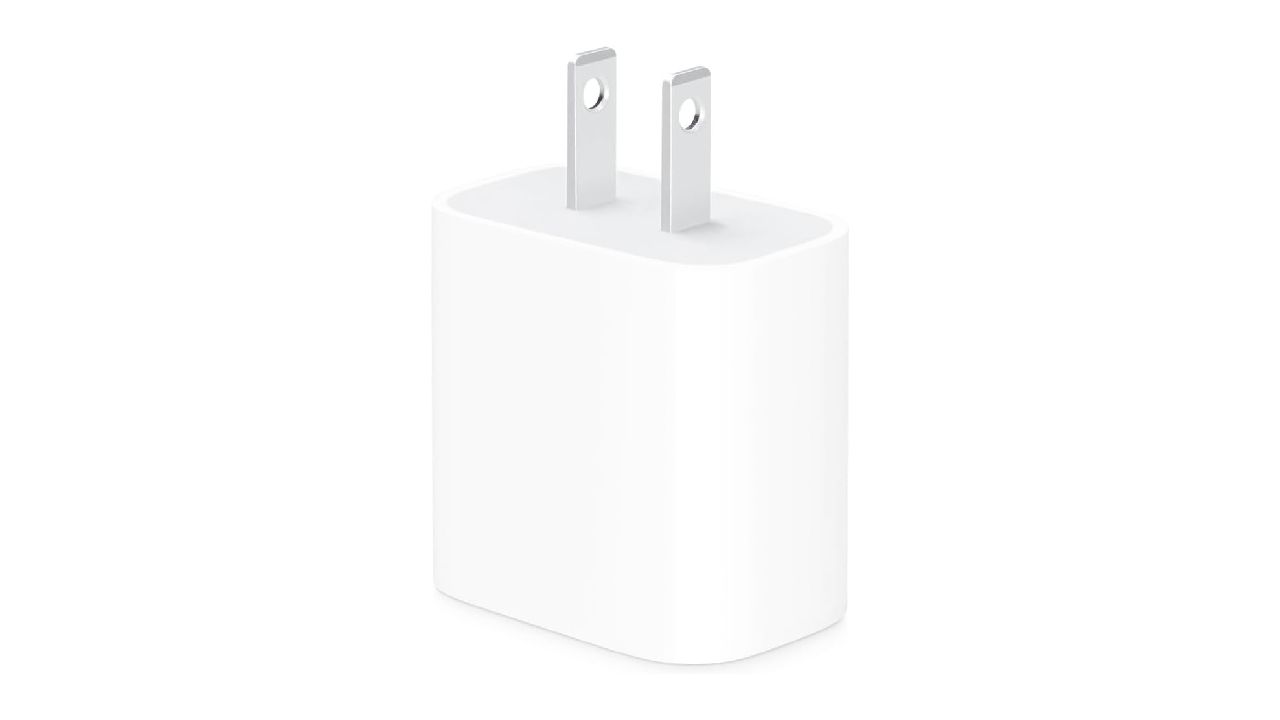Free and New GMAT Practice Test Sample Questions
GMAT Practice Test Sample Questions
This is my NEW blog on GMAT free practice questions. In the
first blog we saw how to prepare for GMAT. In this blog you will some more
practice questions. You can find all answer in the middle of blog.
Q 1
Which of the following is not a whole number followed by its
square?
A.1, 1
B.6, 36
C.8, 64
D.10, 100
E.11, 144
Q 2
Describe the following sequence in mathematical terms. 144,
72, 36, 18, 9
A.Descending arithmetic sequence
B.Ascending arithmetic sequence
C.Descending geometric sequence
D.Ascending geometric sequence
E.Miscellaneous sequence
Q 3
A nurse has to record her temperatures in Celsius but her
thermometer reads Fahrenheit. A patient's temperature is 100.7° F. What is the
temperature in °C?
A.32° C
B.36.5° C
C.38.2° C
D.213.3° C
E.223.7° C
Q 4
Art realized that he
had 2 more quarters than he had originally thought in his pocket. If all of the
change in his pocket is quarters and it totals to $8.75, how many quarters did
he originally think were in his pocket?
A.27
B.29
C.31
D.33
E.35
Q 5
There are 12 more apples than oranges in a basket of 36
apples and oranges. How many apples are in the basket?
A.12
B.15
C.24
D.28
E.36
Q 6
Which of the
following correctly identifies 4 consecutive odd integers where the sum of the
middle two integers is equal to 24?
A.5, 7, 9, 11
B.7, 9, 11, 13
C.9, 11, 13, 15
D.11, 13, 15, 17
E.13, 15, 17, 19
Q 7
What is the next
number in the sequence? 6, 12, 24, 48, ___
A.72
B.96
C.108
D.112
E.124
Q 8
Which of the following numbers could be described in the
following way: an integer that is a natural, rational and whole number?
A.0
B.1
C.2.33
D.-3
E. None of the above
Q 9
What is the next
number in the following pattern? 1, 1/2, 1/4, 1/8, ___
A.1/10
B.1/12
C.1/14
D.1/15
E.1/16
Q 10
Of the following units, which would be most likely to
measure the amount of sugar needed in a recipe for 2 dozen cookies
A.degrees Celsius
B.milliliters
C.quarts
D.kilograms
E.cups
Answers & Explanations GMAT Practice Test Sample
Questions 1-10
6=1. E: 112=121, not 144.
22. C: The descending sequence is geometric, with a common
ratio of 0.5.
3. C: The conversion formula is: C=(F-32).5/9, where C
represents degrees Celsius and F represents degrees Fahrenheit. Substituting
100.7 for F gives: C=(100.7-32).5/9, which simplifies to C=68.7.5/9. Thus, the
temperature, in Celsius, is approximately 38.2°.
4. D: The problem may be modeled by the equation, 0.25x =
8.75. Solving for x gives x = 35. Since he thought he had 2 fewer quarters, he
originally thought he had 33 quarters in his pocket.
5. C: The problem may be modeled by the following system of
equations:(a=o+12@a+o=36). Substituting the expression for a, into the second
equation, gives: o + 12 + o = 36. Solving for o gives o = 12. Thus, there are
12 oranges. Since there are 36 apples and oranges in all, there must be 24
apples.
6. C: The sequence, 9, 11, 13, 15, shows all odd integers,
which are consecutive. The sum of 11 and 13 is indeed 24.
7. B: The sequence is a geometric sequence, with a common
ratio of 2. Two times 48 is 96, thus the next number in the sequence is 96.
8. B: The number, 1, is rational, whole, and natural. A
rational number is a number that terminates or repeats. A whole number is
represented by the sequence, 0, 1, 2, 3, 4, …, while a natural number is a
subset of the whole numbers, and is represented by the sequence, 1, 2, 3, 4,...
9. E: The sequence is a geometric sequence, with a common
ratio of 1/2. Multiplication of 1/8 by 1/2 gives 1/16, which is the next number
in the sequence.
10. E: The amount of sugar, needed in a cookie recipe, is
best measured by the unit of cups, which is an appropriate measure of capacity.

No comments:
Post a Comment